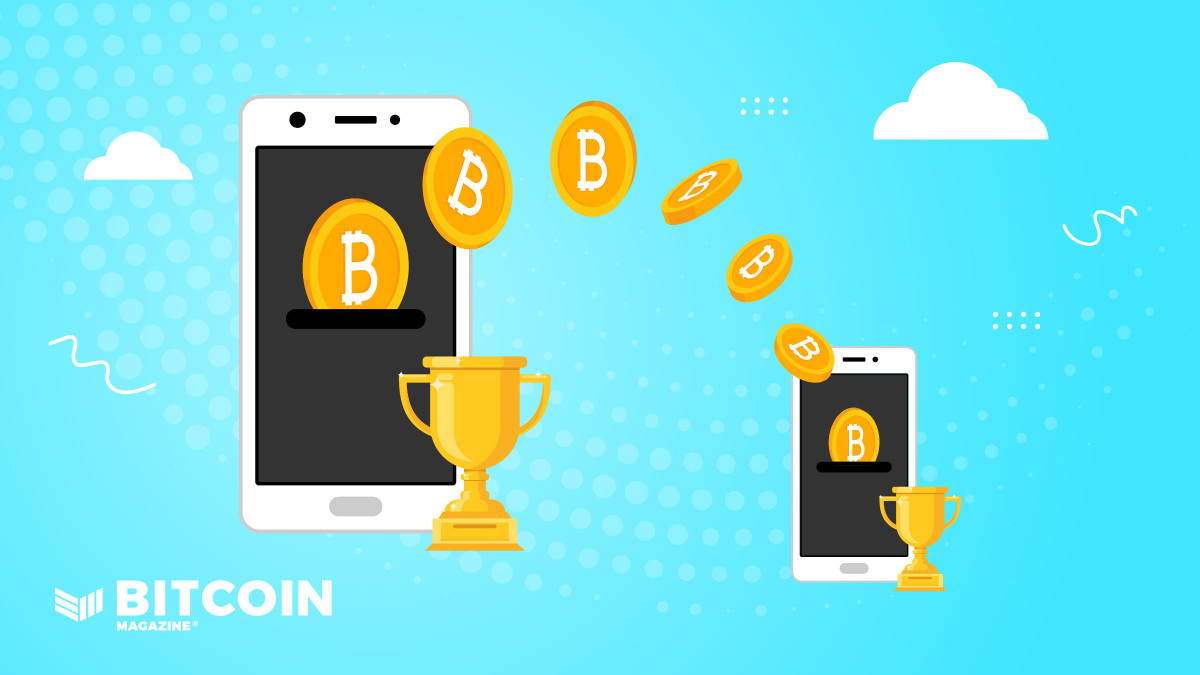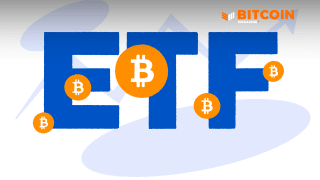Introduction
Payment apps are the easiest and quickest way to buy or sell bitcoin and directly convert it into fiat currencies or vice versa.
Most payment apps are very similar in use and functionality; however, some are more aligned with the Bitcoin ecosystem and focused on applying certain standards — such as Strike using the Lightning Network for fast and secure payments, or Relai, offering a non-custodial wallet and a no-KYC policy.
A bitcoin payment app allows users to pay with bitcoin and businesses to accept bitcoin payments for goods and services. Bitcoin payments usually happen through gateways that automatically convert bitcoin into fiat currencies.
Payment apps are mostly like traditional digital payments with lower fees. If users also want to trade bitcoin, they’ll have to sign up for a Bitcoin exchange that offers a better range of trading services.
Note: Bitcoin-only exchanges, P2P bitcoin platforms and exchanges that publish their proof of reserves are usually regarded as being safer to use. However, the best you can do to protect your bitcoin is to move it out of the exchanges as soon as your trade is executed and store it safely in your wallet with your private key.
Best Apps To Buy Bitcoin
1. Strike is a payment app similar to PayPal or Cash App, with the main difference being the payment network used. While the most popular apps use traditional systems like SWIFT, Strike uses Bitcoin and the Lightning Network to secure payments. Launched in 2020, the app is currently only available in the U.S. and El Salvador but will soon be rolled out in Europe with the aim to expand it to the rest of the world as a global transaction and remittance service that needs no intermediary to function.
2. Cash App is a peer-to-peer payment system that allows users to purchase and sell bitcoin and stocks. Unlike Robinhood, the platform enables investors to transfer bitcoin to their wallet, although withdrawals are limited to $2,000 daily or $5,000 within any seven days. Cash App sets a fee depending on price volatility and market trading volume, which is disclosed at the time of purchase.
3. BitPay: As one of the first bitcoin payment systems launched in 2011, BitPay is still a popular option for merchants and customers. Users can download the app and have access to a crypto debit card, wallet and web browser extension. You can buy or sell bitcoin with the app and use it for online retailers through the Chrome extension. They have a 1% flat transaction fee applied to all businesses.
4. Relai is based in Switzerland and is Europe’s most accessible bitcoin-only investment app. It enables instant bitcoin purchases with no deposit, registration or strict KYC procedure. The Relai app only provides non-custodial wallets, meaning its customers maintain control of their private keys at all times.
5. Peach is a peer-to-peer mobile app that allows customers to buy and sell bitcoin. The service is still in beta mode, and there’s a waiting list to join it; however, it is one of the few Bitcoin P2P marketplaces on a mobile application for the European market.
6. Robinhood is a web- and mobile-based fintech platform that offers no-fee trading. It is another versatile company that allows users to invest in and trade stocks, ETFs, options, American depositary receipts (ADRs) and cryptocurrencies, depending on users’ geographic location. It is very user-friendly; however, it doesn’t allow the transfer of crypto assets off the platform, which means investors don’t own their Bitcoin private keys.
7. PayPal launched its crypto service in late 2020, offering customers the ability to buy, hold and sell bitcoin and other cryptocurrencies. As of July 2022, the company started allowing users to move their cryptocurrencies to other wallets, as the feature was the most demanded since they began offering crypto services. Users can buy up to $20,000 weekly but at most $50,000 during any one-year period.
Fees include an estimated 0.5% trading fee that varies depending on market conditions and a tiered transaction fee depending on the amount of bitcoin purchased, ranging from 0.5% for purchases below $25 and 2.3% for amounts between $25 and $100.
8. Revolut was one of the first European fintech apps to offer cryptocurrency trading, although with a temporary license. In 2022 it won full authorization to provide its cryptocurrency services across Europe and the U.K. The app is straightforward to use and supports the trading of cryptocurrencies at competitive exchange rates, having access to the largest liquidity pool in Europe. Its metal customers in the U.K. can also transfer bitcoin to their private wallets.
9. Venmo is an American peer-to-peer mobile payment service owned by PayPal since 2012. The platform allowed the buying and selling of bitcoin and other cryptocurrencies in April 2021 and has a similar fee structure to PayPal: an estimated 0.5% trading price and a tiered transaction fee ranging from 0.5% for purchases below $25 to 2.3% for trades between $25 and $100.
10. Pocket is a young company and so far available in some European countries. It enables you to stack satoshis by setting up recurring payments from your bank account directly to your preferred wallet. Each payment will be automatically exchanged to bitcoin and paid out on the date you set.
Frequently Asked Questions:
Which is the safest app for Bitcoin?
The safest Bitcoin app is a service that allows you to move your bitcoin off the platform to a private hardware wallet. Only you must have access to that wallet and hold the private key.
What is the best Bitcoin app for beginners?
General-purpose apps like Revolut or Cash App are usually good for onboarding beginners at their first experience with purchasing bitcoin. Relai, a bitcoin-only app, is also a very straightforward app with low fees.
Where is the best place to buy Bitcoin?
Bitcoin Magazine always recommends decentralized P2P exchanges or bitcoin-only exchanges, but ultimately the best you can do to secure your assets is to move them out of exchanges right after the purchase.
Summary:
We’ve come a long way from Mt. Gox being the only reputable exchange in the market. Today, we experience the creation of new exchanges on a regular basis, even though some are perhaps too large.
The dramatic events of 2022, with the collapse of giant crypto services like FTX and Celsius, will teach everyone the most important lesson of all: move your coins out of exchanges and always self-custody after purchase.
Especially for considerable amounts, bitcoin should only be stored in hardware wallets or multisig noncustodial wallets. Services with a single point of failure (centralized) are always at risk of losing your assets, as has happened multiple times in the short history of cryptocurrencies.










